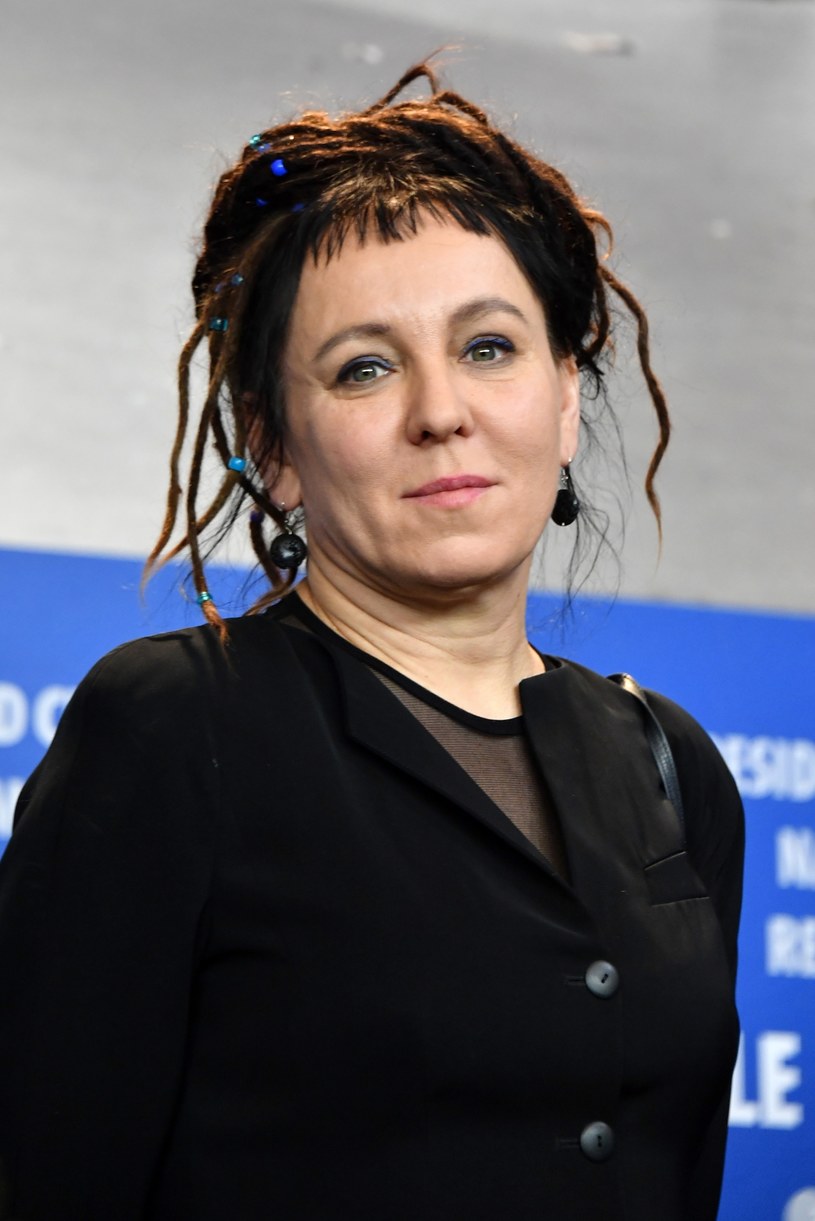

In the process, she finds herself drawn to a shrouded homeless woman who's constantly and angrily muttering something. She begins aimlessly walking the freezing streets, hopping on buses, riding the subway. One day, she heads out to the store and simply doesn't return home. Near the book's center - not accidentally, I think - Tokarczuk tells the story of Anushka, a woman who lives in a soul-crushing high-rise with a sick son and a husband who's changed for the worse. In another, a woman flies from her New Zealand home to her native Poland to perform a mysterious mission for the first man she ever loved. In one we follow a desperate Polish man whose wife and child have somehow vanished from the small Croatian island where they're vacationing. Interwoven with this nonfiction material are a series of made-up stories that really grab you.

Told by a female narrator who's clearly a heightened version of the globetrotting Tokarczuk, the book is positively exploding with stuff - maps and drawings, personal remembrances, riffs on airports, encounters with fellow tourists, visits to museums filled with simulacra of the human form, not to mention revelatory snippets of history like the tale of the burial of Chopin's heart or the horrifying saga of Angelo Soliman, a highly educated black-skinned African - he was Mozart's friend - whose corpse the holy Roman emperor had stuffed, dressed in a grass skirt and displayed as a specimen of the native. Superbly translated by Jennifer Croft, "Flights" is a witty, imaginative, hard-to-classify work that is in the broadest sense about travel. About a quarter of a way through this book, just out in America, I realized that I'd been overlooking a major international writer. And over the decades, Eastern Europe has continued to turn out writers whose work possesses an existential depth and an inventiveness that can make English language fiction look flimsy.Ī striking example of this is Olga Tokarczuk, a 56-year-old literary star in her native Poland who frankly I'd never even heard of until a few months ago when her book "Flights" won the Man Booker International Prize. Stripped of the peculiar glamour of oppression, they were no longer sexy. But with the fall of the Berlin Wall, the bottom seemed to fall out of the market for writers from the other Europe as a series edited by Philip Roth once dubbed them. They were political dissidents whose work mattered. Not only were they good, their careers came with a compelling backstory. JOHN POWERS, BYLINE: During the Cold War, Eastern European writers were a very big deal in the West. "Flights" is now being published in America by Riverhead Books, and our critic-at-large John Powers says it's a revelation. Earlier this year the Man Booker International Prize, given for the best book of the year translated into English, was given to "Flights," a work of fiction by the Polish writer Olga Tokarczuk.


 0 kommentar(er)
0 kommentar(er)
